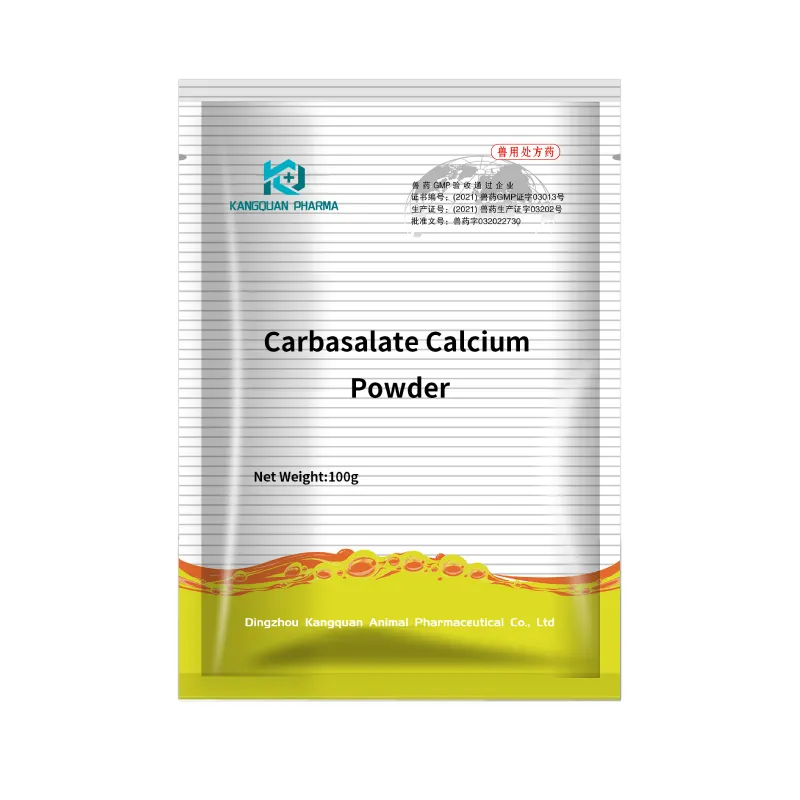- Afrikaans
- Albanian
- Amharic
- Arabic
- Armenian
- Azerbaijani
- Basque
- Belarusian
- Bengali
- Bosnian
- Bulgarian
- Catalan
- Cebuano
- Corsican
- Croatian
- Czech
- Danish
- Dutch
- English
- Esperanto
- Estonian
- Finnish
- French
- Frisian
- Galician
- Georgian
- German
- Greek
- Gujarati
- Haitian Creole
- hausa
- hawaiian
- Hebrew
- Hindi
- Miao
- Hungarian
- Icelandic
- igbo
- Indonesian
- irish
- Italian
- Japanese
- Javanese
- Kannada
- kazakh
- Khmer
- Rwandese
- Korean
- Kurdish
- Kyrgyz
- Lao
- Latin
- Latvian
- Lithuanian
- Luxembourgish
- Macedonian
- Malgashi
- Malay
- Malayalam
- Maltese
- Maori
- Marathi
- Mongolian
- Myanmar
- Nepali
- Norwegian
- Norwegian
- Occitan
- Pashto
- Persian
- Polish
- Portuguese
- Punjabi
- Romanian
- Russian
- Samoan
- Scottish Gaelic
- Serbian
- Sesotho
- Shona
- Sindhi
- Sinhala
- Slovak
- Slovenian
- Somali
- Spanish
- Sundanese
- Swahili
- Swedish
- Tagalog
- Tajik
- Tamil
- Tatar
- Telugu
- Thai
- Turkish
- Turkmen
- Ukrainian
- Urdu
- Uighur
- Uzbek
- Vietnamese
- Welsh
- Bantu
- Yiddish
- Yoruba
- Zulu
ನವೆಂ . 27, 2024 13:18 Back to list
Albendazole 400 mg Oral Suspension for Effective Treatment of Parasitic Infections
Albendazole Suspension Oral 400 mg A Comprehensive Overview
Albendazole is a widely used anthelmintic medication that plays a crucial role in the treatment of various parasitic worm infections. Available in different formulations, including oral suspension, albendazole is particularly effective against a range of nematodes and cestodes, making it an essential drug in both the medical and veterinary fields. In this article, we will explore the uses, dosage, mechanism of action, side effects, and important considerations associated with albendazole suspension oral 400 mg.
What is Albendazole?
Albendazole belongs to the benzimidazole class of drugs, which function by inhibiting the growth and reproduction of parasites. The oral suspension formulation is designed for ease of administration, especially in pediatric patients or those who have difficulty swallowing tablets. The 400 mg dose is commonly prescribed for treating specific infections due to its effectiveness and safety profile.
Indications
Albendazole suspension is primarily indicated for the treatment of infections caused by
1. Nematodes These include roundworms such as Ascaris lumbricoides, hookworms, and enterobius vermicularis (pinworm). 2. Cestodes These are flatworms, including Taenia solium (pork tapeworm) and Echinococcus granulosus, which can cause cystic echinococcosis. 3. Other parasites Albendazole is also effective against Giardia lamblia, which causes giardiasis, a common intestinal infection.
The World Health Organization (WHO) recommends albendazole in mass drug administration programs aimed at controlling soil-transmitted helminth infections, particularly in endemic regions.
Dosage and Administration
The typical dosage of albendazole oral suspension for adults and children varies based on the specific infection being treated
- For ascariasis A single dose of 400 mg is usually sufficient. - For other infections Doses may range from 400 mg once a day for 3 days to multiple doses over an extended period, depending on the severity of the infection.
Albendazole can be taken with or without food, although taking it with fatty meals may enhance its absorption. It is essential to follow the prescribed dosages closely to achieve the best outcomes and minimize the risks of resistance.
albendazol suspension oral 400 mg

Mechanism of Action
Albendazole works by binding to the parasite's tubulin, disrupting the microtubule formation necessary for cellular division and transport processes. This ultimately leads to the immobilization and death of the parasites, which are then eliminated from the body through the gastrointestinal tract.
Side Effects
Like all medications, albendazole can cause side effects, although many patients tolerate it well. Common side effects may include
- Gastrointestinal disturbances Nausea, vomiting, and abdominal pain. - Headaches and dizziness. - Liver enzyme increases, as observed in blood tests.
Serious but less common side effects include allergic reactions, blood disorders (such as agranulocytosis), or liver toxicity. It is important to monitor liver function and blood counts during prolonged treatment.
Contraindications and Precautions
Albendazole is generally contraindicated during pregnancy due to potential teratogenic effects. Women of childbearing age should use effective contraception during treatment. It is also essential to inform healthcare providers about existing medical conditions, such as liver disease, as this may require dose adjustments or close monitoring.
Before starting treatment with albendazole suspension, it is advisable to discuss any other medications being taken to avoid potential drug interactions.
Conclusion
Albendazole suspension oral 400 mg is a vital therapeutic option for managing parasitic infections, particularly in regions where these diseases are endemic. Its effectiveness, combined with a favorable safety profile, makes it a valuable tool in public health. However, appropriate use, adherence to prescribed dosages, and awareness of potential side effects are crucial for achieving optimal treatment outcomes. By understanding the properties and application of albendazole, healthcare providers can better serve patients affected by parasitic infections, ultimately improving health outcomes and quality of life.
-
Guide to Oxytetracycline Injection
NewsMar.27,2025
-
Guide to Colistin Sulphate
NewsMar.27,2025
-
Gentamicin Sulfate: Uses, Price, And Key Information
NewsMar.27,2025
-
Enrofloxacin Injection: Uses, Price, And Supplier Information
NewsMar.27,2025
-
Dexamethasone Sodium Phosphate Injection: Uses, Price, And Key Information
NewsMar.27,2025
-
Albendazole Tablet: Uses, Dosage, Cost, And Key Information
NewsMar.27,2025













